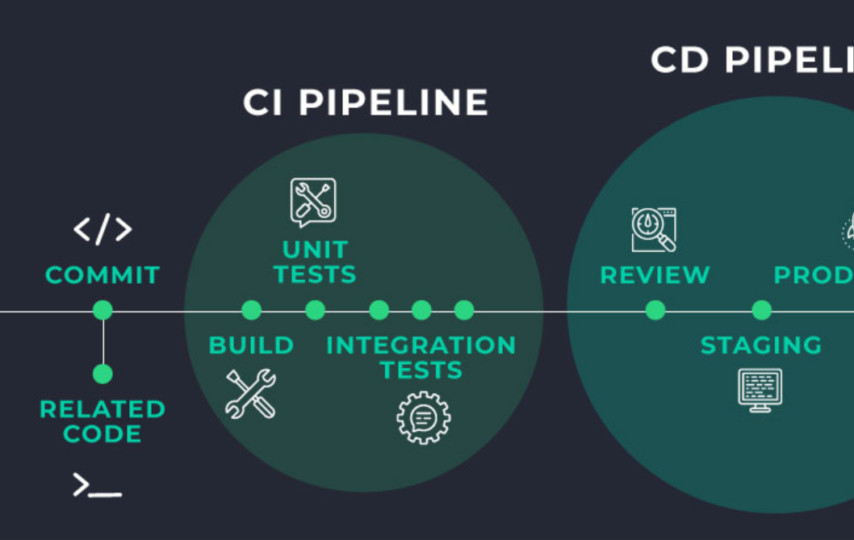Many software developers mistakenly leave database control out of their CI/CD pipeline. However, it is proving to be fundamental due to Agile and DevOps methodologies. It works like application version control, as it enables you to track any changes made by every team member, such as features, improvements, or bug fixes. As a result, it will provide full transparency of the database, as you can view, track, and manage all changes in one location.
Yet, you might be unsure about its advantages and the best tools to introduce. If so, keep reading to learn about the benefits of database version control.
Improved Accountability and Visibility
Accountability and visibility are two of the many reasons why you must start using version control. It will allow you to identify what tasks have been completed, the project’s progress, and the developers making any changes. The transparent data will make it easier identify an issue and quickly fix it. It will ensure you and your team feel in full control of a database, as well as current and future tasks.
Better Internal Collaborations
Database version control will promote collaboration between your software development team members, as it will enable them to share a workload each day. For instance, they will find it much easier to make various code changes, delegate tasks, and receive verification from colleagues or senior developers before merging. You might be surprised by the difference it makes to internal efficiency.
Rollback or Retrieve Previous Versions
Database version control makes it easier to back up your database’s SQL code. Plus, you can test different solutions without fear of error, as it allows you to roll back without compromising the database’s integrity. Of course, not all database version control tools are created equal, especially when it comes to rollbacks, as this Liquibase vs Flyway article proves.
Prepare for Compliance
Database version control is a superb first step in preparing your database for compliance. For instance, it will allow you to develop and maintain a thorough audit trail. As you may know, a compliance auditor will expect a business of any size to record and detail all database changes and note who has access to it.
It will ensure your company is 100% prepared for any emerging data protection regulations, as it can quickly demonstrate database compliance by providing accurate details on the people who have made changes, why they made them, and the date they did so. It is worthwhile for the peace of mind alone.
Conclusion
Database version control wasn’t always an option for developers, but it is now a viable solution when developing software. Don’t make the mistake of managing a database manually, which can lead to bottlenecks in the pipeline due to endless requests. Instead, introduce the handy tool to transform productivity, collaboration, and auditing. Like application version control, it will provide full visibility of development work and its progress while helping your business remain compliant and competitive. Plus, it will boost internal productivity and allow you to perform rollbacks or retrieve previous versions without fear.








